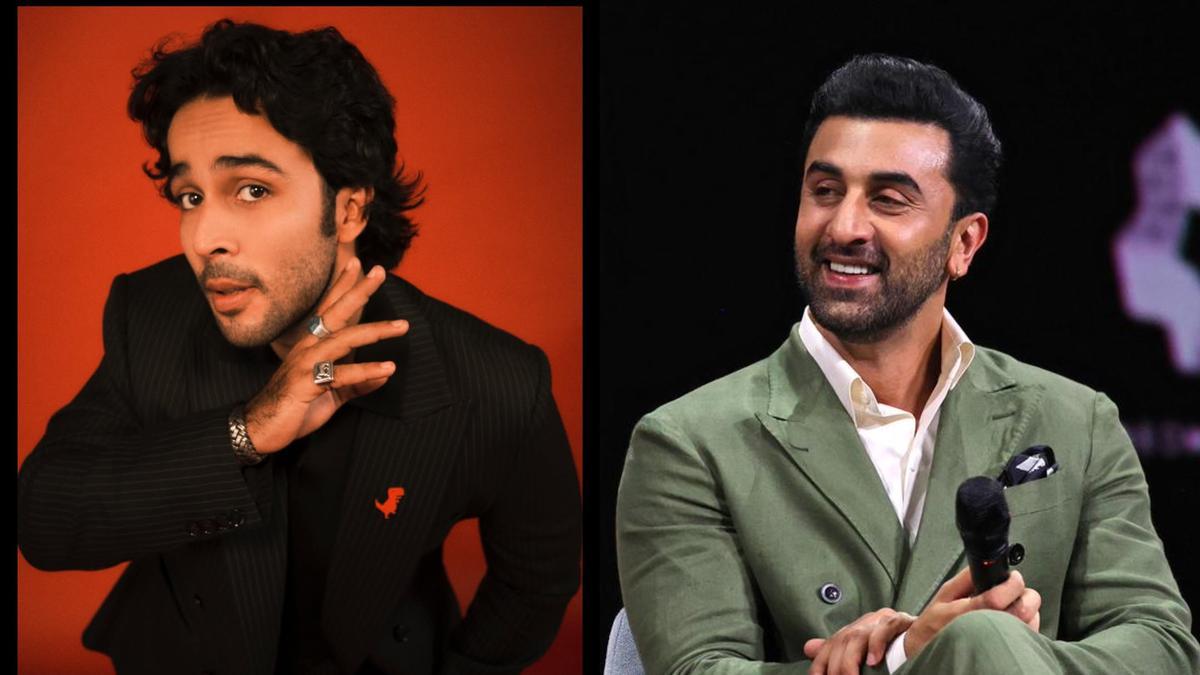
Kishore Kumar, an unparalleled talent in Indian cinema, left an indelible mark in the hearts of millions. Renowned not just for his sonorous voice but also his vibrant performances, Kishore was a true renaissance man in the cinematic world. Born as Abhas Kumar Ganguly in 1929 in the bustling lanes of Khandwa, he effortlessly evolved from a playback singer into an actor, music director, lyricist, and even a film producer, crafting a legacy that remains unmatched.
The artistic journey of Kishore Kumar is a testament to his incredible versatility and genius. Initially, in his career, Kishore faced the towering shadow of his elder brother, Ashok Kumar, a celebrated actor in his own right. However, Kishore’s extraordinary talents soon propelled him into the limelight. He made his debut as a singer with the film “Shikari” in 1946, soon unveiling an acting prowess that would enthrall audiences in films like “Chalti Ka Naam Gaadi” (1958) and “Padosan” (1968). These roles underscored his brilliance in comedic timing, establishing him as a versatile actor capable of traversing a spectrum of emotions and roles.
Kishore Kumar’s affinity for comedy was undeniably one of his greatest strengths. His impeccable timing and magnetic screen presence transformed simple stories into unforgettable cinematic experiences. Audiences were captivated by his ability to embody characters that were not only humorous but also deeply relatable. Among his illustrious filmography, several films stand out, epitomizing his multifaceted talent.
“Chalti Ka Naam Gaadi,” released in 1958, is hailed as a classic comedy that brought together the Kumar brothers — Kishore, Ashok, and Anoop. The film’s success lay in Kishore’s ability to bring humor alive on screen, making audiences laugh while also touching their hearts. This film remains a staple in the comedic genre of Indian cinema, adored across generations for its affable characters and delightful storyline.
“Padosan” (1968) was yet another jewel in Kishore’s career, where he played the endearing role of a music teacher caught in a hilarious love triangle.
. The film was a box-office success, largely due to Kishore’s comedic performance, which was nothing short of legendary. His character’s quirks and humorous interactions endeared him to audiences, further cementing his position as a distinguished actor in the industry.
In “Half Ticket” (1962), Kishore Kumar demonstrated his acting versatility, taking on dual roles that highlighted his ability to switch seamlessly between different personas. This comedy film allowed him to showcase not just his acting talent but also his knack for engaging storytelling through visual humor. His performance in “Half Ticket” is often celebrated for its creativity and sheer comedic genius, solidifying his legacy as an actor of profound versatility.
“Jhumroo” (1961) holds a special place in Kishore’s career as the film where he made his debut as a music director. Besides playing the lead role, he shared the screen with his first wife and legendary actress Madhubala. Jhumroo was a musical delight, and Kishore’s dual contribution as actor and music director was applauded by critics and fans alike, encapsulating his unique ability to blend musical and cinematic storytelling into a harmonious experience.
On a more serious note, “Door Gagan Ki Chhaon Mein” (1964) depicted Kishore Kumar’s talent beyond comedy. This film, which he directed and starred in, was a poignant drama that touched the hearts of many. It was a sincere exploration of emotional depths, showing Kishore’s capacity to traverse dramatic themes with finesse, making it a standout in his repertoire.
Despite his fame as a playback singer, Kishore Kumar’s acting achievements were equally significant. His dual artistry made him a beloved figure in Indian cinema, revered not only for his compelling performances but also for his contributions to music. Kishore Kumar’s legacy in films is a rich tapestry of laughter, music, and emotive storytelling that has inspired countless artists and continues to influence the film industry even decades after his passing.
Kishore Kumar bid farewell to the world on October 13, 1987, in Mumbai, and his mortal remains were laid to rest in his birthplace, Khandwa. Today, fans and admirers across the globe remember him as a multifaceted maestro whose contributions transcended genres, leaving a lasting impact on Indian cinema forever.










